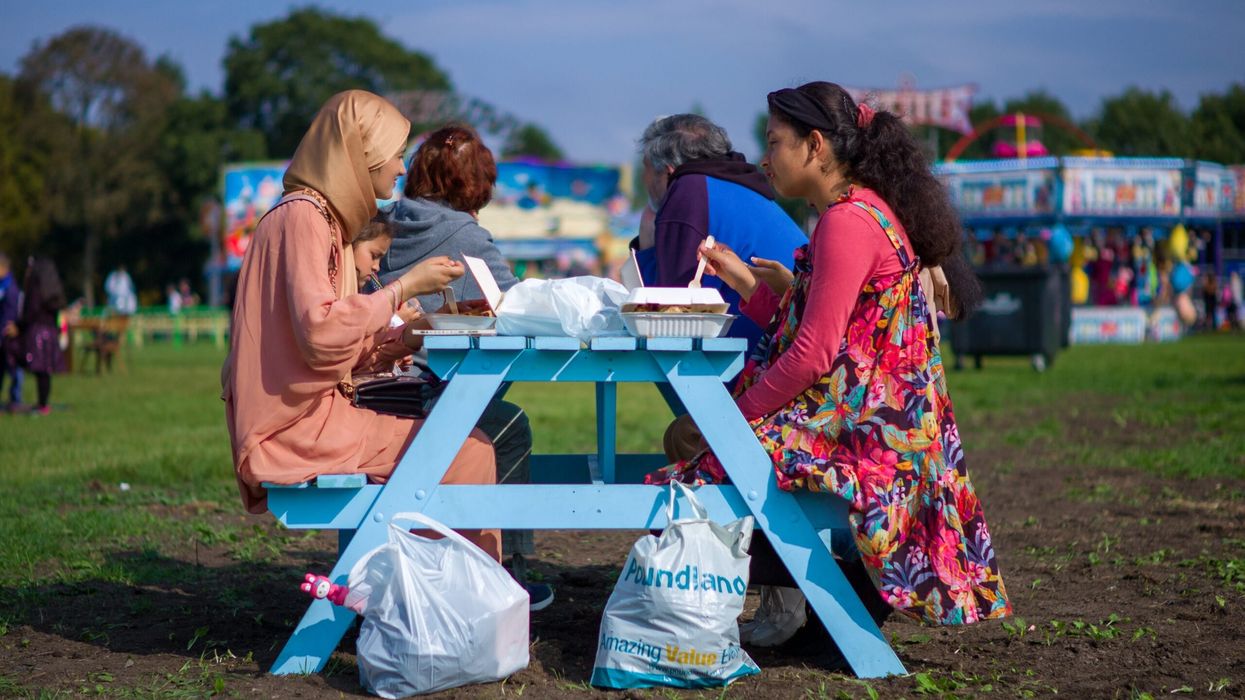The first post-election autumn political conferences turned into a pre-season warm-up before the major battles of this parliament. Prime minister Sir Keir Starmer decided that overhauling his Downing Street operation within his first 100 days was needed to get the government match-fit before budget day.
The Conservatives held a US-style primary for the next party leader – with James Cleverly overtaking Robert Jenrick as the new frontrunner as MPs prepared to choose the final two candidates this week.
“Let’s be more normal” is Cleverly’s message. He believes tone comes before policy when a defeated party is seeking a public hearing again. Cleverly told me his call for a more positive voice should apply to how Conservatives talk about race and integration too. I had asked him, at a Centre for Policy Studies fringe meeting, if the right could sound too pessimistic about an increasingly diverse Britain, at times casting it as a society at risk of failing.
Cleverly agreed, saying the Conservatives get it wrong if they seem to look back and prefer the distant past to the country we have become. He wanted Conservatives to take a quiet pride in their contribution to making diversity in British public leadership an increasingly unremarkable new norm. Being at ease with diversity does not mean ducking integration challenges, he argued, talking about how his mother was proud to be from Sierra Leone, but did not seek to recreate Sierra Leone in Britain.
Cleverly’s emphasis on accentuating the positive means he rarely criticises Conservative rivals directly. But he will not echo former home secretary Suella Braverman’s warnings of the “toxic failures” of multiculturalism. How far Cleverly’s differences with Jenrick on this topic are a matter mainly of tone or of substance too may emerge in the campaign to come – if those two candidates do eliminate Kemi Badenoch, the favourite with party members. How far ethnic minorities are seen as an exceptional or normal part of this diverse democracy is one theme of a major new research study, ‘Minorities Report’, published by UK in a Changing Europe with Focaldata this week.
The 2024 election showed how the minority vote remains distinct. Labour led by 49 per cent to 20 per cent among ethnic minorities, compared to just an eight per cent lead among white voters. Yet this was Labour’s lowest ethnic minority vote share. The dramatic short-term loss of Muslim voters – many over Palestine – combines with the long-term fading of the intense pro-Labour allegiances forged in the immigration and race debates of half a century ago.
Party identities are much weaker today – so sweeping generalisations about ethnic minority voters have never been less valid with varied patterns within and across different groups.
Ethnic minorities have higher trust in party politics than the more cynical white British. The research offers new insights into why ‘culture war’ politics turn many British minorities off. The binary assumptions often don’t fit. Ethnic minorities combine stronger faith identities with more positive views of immigration. University graduates tend to lean left politically, but ethnic minority graduates are more likely than non-graduates to consider the Conservatives – unless the dynamics of post-Brexit culture wars dampen that Cameron-era trend.
As social class fades, compared to age and education, in predicting white British votes, it is becoming a stronger predictor of minority voting, among some groups at least. The Conservatives are now seen as a “normal” choice for British Indian and Chinese voters – with voters from those groups split increasingly evenly across the major parties – yet have failed spectacularly to bridge a chasm in trust with black Caribbean or Muslim voters.
Labour’s 2024 election strategy was mostly to take ethnic minority votes for granted. The party leadership would not have put it so crudely – but that was a consequence of putting all its energies into the people and places who did not already vote Labour. Labour lost over half a million ethnic minority votes. It may have been a rational electoral, trading surplus votes for seats, if relationships can be rebuilt afterwards.
Sunder KatwalaLabour could never, in the long run, have maintained the full extent of its monolithic historic dominance. Integration across generations was always likely to generate new swing voters. But the Focaldata research shows how Labour’s inattention could accelerate a loss of support on both its right and left flanks.
Asian and black voters should gain from their votes being increasingly up for grabs – unless the parties get stuck debating who they can and can’t appeal to. It would be bad for community relations if the big parties institutionalised which specific minority groups they see as on- or offside.
Parties that want to govern Britain should aspire to be a natural choice for voters from any ethnic or faith background. Political leaders who want to “be more normal” in our increasingly diverse democracy should compete to pass that One Nation test.
(The author is the director of British Future thinktank)




